Who made it?
January 2023 | Issue #23
With “Self Portrait” by Terri Brown-Davidson
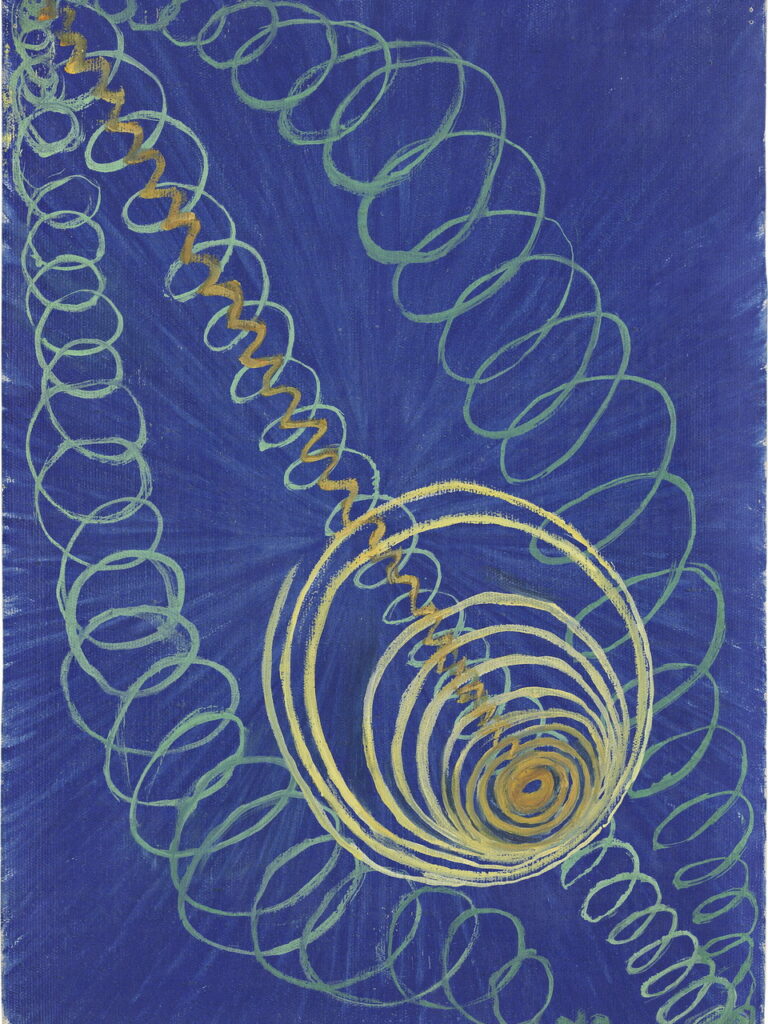
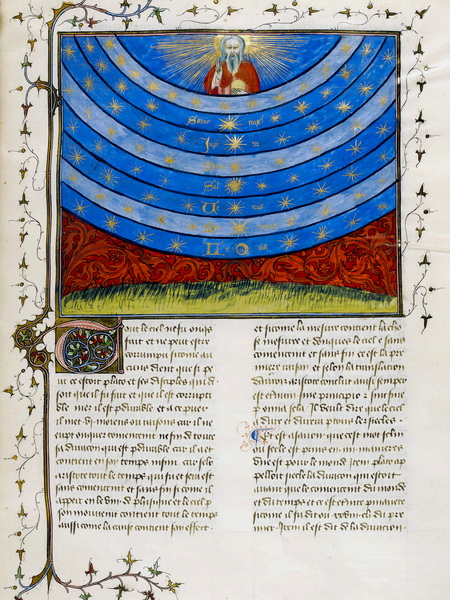
With “Edward Hopper, Hotel Room” by Mark Katrinak
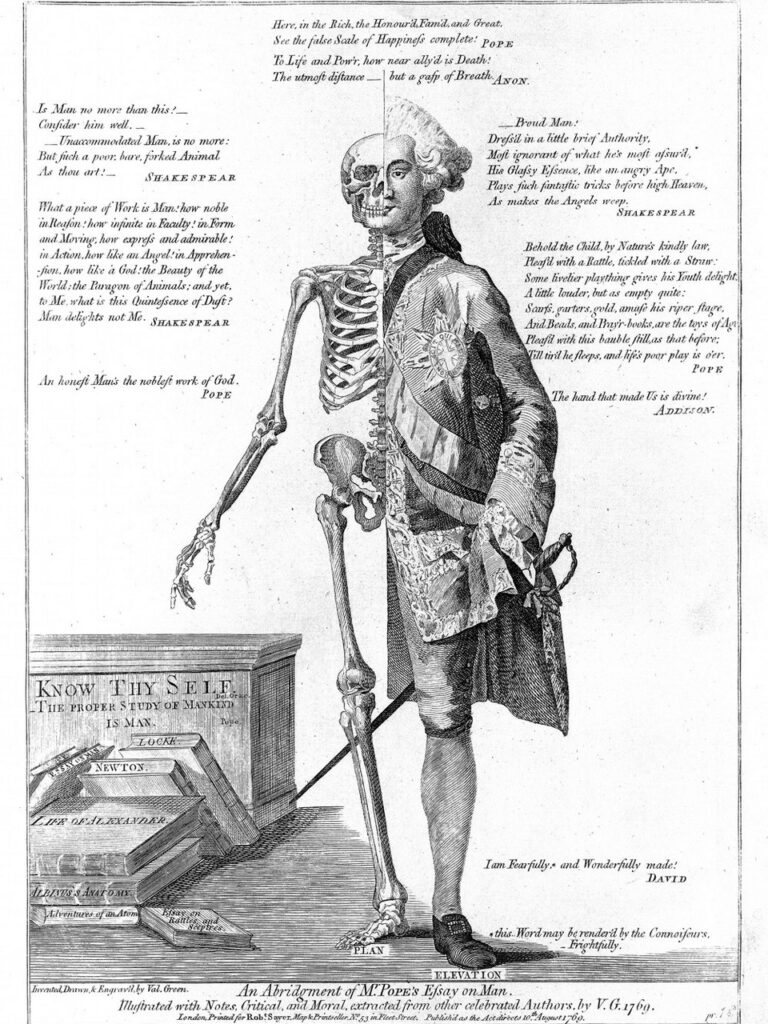
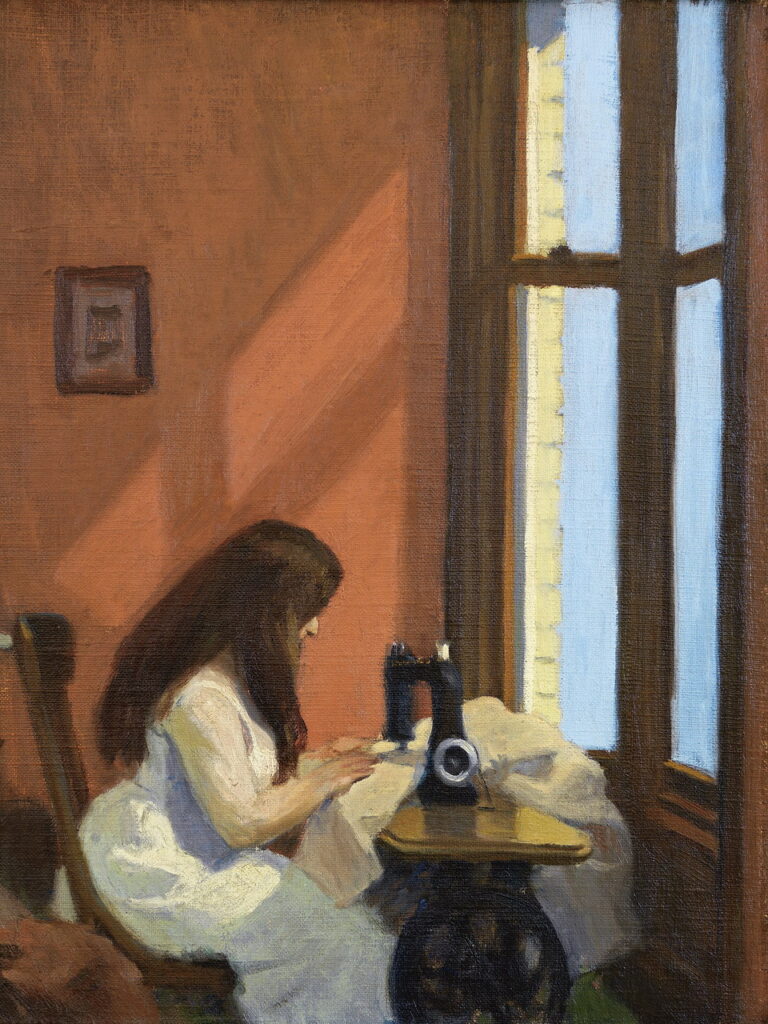
With “Odradek” by DB Jonas
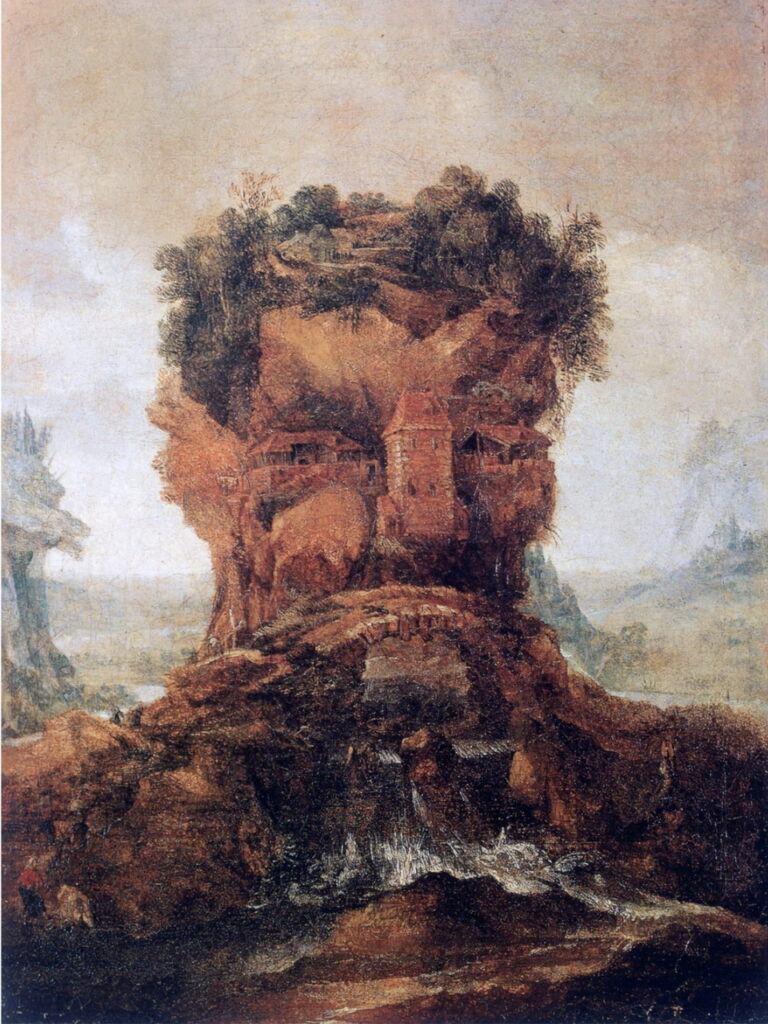
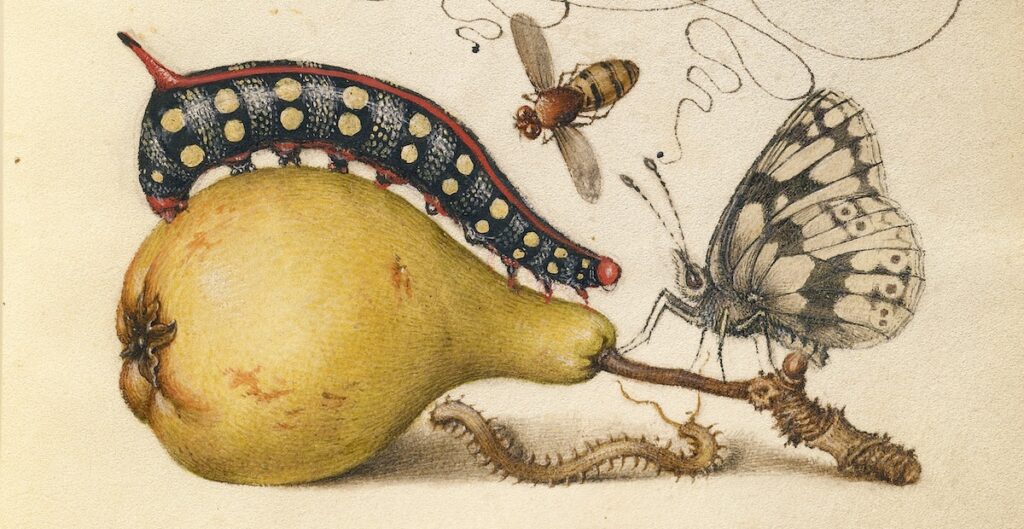
Dear Readers,
When we launched Waterwheel Review, we were keen to explain why we were so moved and motivated by the image of the waterwheel. Water stands for language, an ever flowing, renewable source; the waterwheel, an engine of labor, circles through, lifting words and then dropping them back into the running stream. Our magazine is a mill, we said, where the waterwheel powers writing and publishing. “We want—and need—to make things.”
For a couple of years, now, we have known that we can’t make enough of our own things while we give so much energy to the work of others. We have had to cut substantially the time and attention devoted to our own writing, and mostly we have been glad to do it, determined to find a way to repay our own work in the end. We never did find that way.
If we could quit our jobs and earn that income publishing this magazine, we would take that deal in an instant. But that’s not the world we live in. For many, many months we have known this, but we couldn’t accept it until now. And thank goodness for that.
Every single issue of this magazine has been a wonder that transported and enchanted us. We can’t say we gloried in every moment. We read or edited or built the site at times while sick, exhausted, grieving—that’s the nature of any publication. But we damn well gloried in every word, every paired image and sound.
Four years and thirty-six issues: What an honor to publish our contributors. What a privilege to offer stunning work to our readers. We must use the word pleasure, too, always rolled out to accompany “honor and privilege,” but pleasure isn’t strong enough, nor is gratitude nor joy nor blessing. For once we find ourselves at a loss for words to express precisely what it has meant to keep this waterwheel turning.
Maybe this will do it: How many times does anyone ever fully achieve the glittering, half-glimpsed vision floating above; that winking, flirting piece of art we ache to manifest? For the three of us, precisely this once.
We will keep making things and so will you. We started this magazine with the image of the waterwheel and a Jean Rhys quote, and we will end in the same way, as we thank you for reading and submitting, and wish you and yours all the very best:
Listen to me. All of writing is a huge lake. There are great rivers that feed the lake, like Tolstoy and Dostoyevsky. And there are mere trickles, like Jean Rhys. All that matters is feeding the lake. I don’t matter. The lake matters. You must keep feeding the lake.
—Claire, Suzanne, Cheryl
September 1, 2024: Waterwheel Review will stay online for the foreseeable future. It remains as it looked for the final June 2024 issue.
Literature Without Labels







We have arrived, Writer Friends, at the sin that mostly doesn’t feel like sin at all: Lust.
What can we possibly mean by Lustful writing? A Lustful writing life? Suzanne is delighted to consider the possibilities in this next installment in our essay series, 7 Sins of the Writing Life: Lust.
Some of her writing friends are happy to explore the concept, too. As part of this project, Cheryl and Suzanne generated questions exploring each sin; they asked themselves these questions, then posed them to other writers. Each essay is informed by the collection of responses, and quotes some of them. As a result, the series makes space for a kind of guided conversation.
Well, the more the merrier. As we leap into 2023, why not hear from one of our Waterwheel Review writers on these same questions? Hazelle Lerum’s “ballad of tribades / song of sodomites” appeared in Issue #2, October 2020. I asked her the questions about writing-related Lust that Suzanne put to her writer friends ten years ago, and she was kind enough to share her thoughts:
Do you ever burn to write but can’t?
Creative nonfiction and essay writers, those whose poetry errs on the side of the confessional: we all know the pain of wanting to make something beautiful out of an experience, but sometimes you just can’t. Sometimes you just have to confide in your notebook and bide your time.
Do you ever intellectually know you need to write and sit down to do it, even without the burn?
Sticking to a daily freewrite habit has helped teach me to overcome that procrastinatey/‘waiting-for-inspiration’ impulse, because it’s taught me that writing, especially when I don’t feel like it, often has the handsomest results.
One of the things I do to try and combat an insufficient desire to write is to add a level of sensuality to my rituals. A candle with a curious design. Coffee and bubblegum (the bitter washing over bites of sweet is wonderfully stimulating in the morning, and relieves a sore jaw for a chronic teeth-grinder like me). Sometimes, if I need to finish a project, I’ll give a friend a valued object to hold as collateral until the project is complete. This enables a bit of power-play between me and the friend, and is also how some of my trinkets have summered in Seoul while I yet have not.
Do you ever desire to crack an inner ring of “true writers” but fear that you can’t because you hold a job, raise a family, watch television and movies, etc?
The internet has done an excellent job of puncturing the myth that there are such things as ‘true writers.’ If I read a great book, I can Google the author and find their day job. It’s like the more uplifting version of looking up your high school friends on LinkedIn.
Has Lust for other things ever hindered your writing life?
I once wrote an 80,000-word novel (single-draft, solidly in the trunk) about crows in the posthuman apocalypse. Microsoft Word tells me I spent almost a couple hundred hours toiling in that document. But in that same year, I spent nearly double the time playing Halo: The Master Chief Collection (a popular alien-bashing saga). While a part of me longs to be a super-soldier with a heroic shot and a great body, the rewards of this planet prove to be much richer, so I’m planning on reducing my time spent in the virtual realm.
Have you ever Lusted for other writers? For their work? For a writing environment?
It’s easy to quote Dead Poets Society here: “Language was invented for one reason, boys—to woo women.” It’s true! I have an entire trunk novel I wrote just to impress one writer I dated in college. It was just as romantic as you could imagine: stealing kisses in the library, going to poetry readings together. Infatuation provides ample motivation, so long as you don’t find your writing energy diverted.
Many thanks to Hazelle for adding another layer to our essay on Lust.
Next stop: Gluttony.
May you indulge and enjoy all writing sins forevermore. And may you write well today.
—Claire Guyton
No one suspects the days to be gods. —Ralph Waldo Emerson
Issue 22 is cypress, river water, a single chord of music. Martin McGowan pays tribute to a wooden sculpture in “Hinoki – ‘breath of life’”—a wallop on the gallery floor. In “What You Should Know (The Nile),” John Bradley gives us one startling image after another but we’re fondest of the quiet, silted vowels. Air reverberates like white flame in “The final chord” by Andrew Oram, another meditation on art. The days are gods because they’re made of details like these.
—Claire, Suzanne, Cheryl
We’re in our third season here at Waterwheel Review, and we couldn’t be happier. But we have big dreams. Right now we have two ways—in addition to being an author or maker—to be a part of our labor of love.
You’ll know when each issue goes live and learn news about WWR and our authors.
*We promise never to sell or share your information. We hate spam as much as you do. For more info, read our full Privacy Policy.
All expenses are out of pocket. Any help goes to our submissions manager and media. We would LOVE to one day pay authors, hold contests, speak at conferences… (slow down, deep breath). Thank you for supporting literature and art!
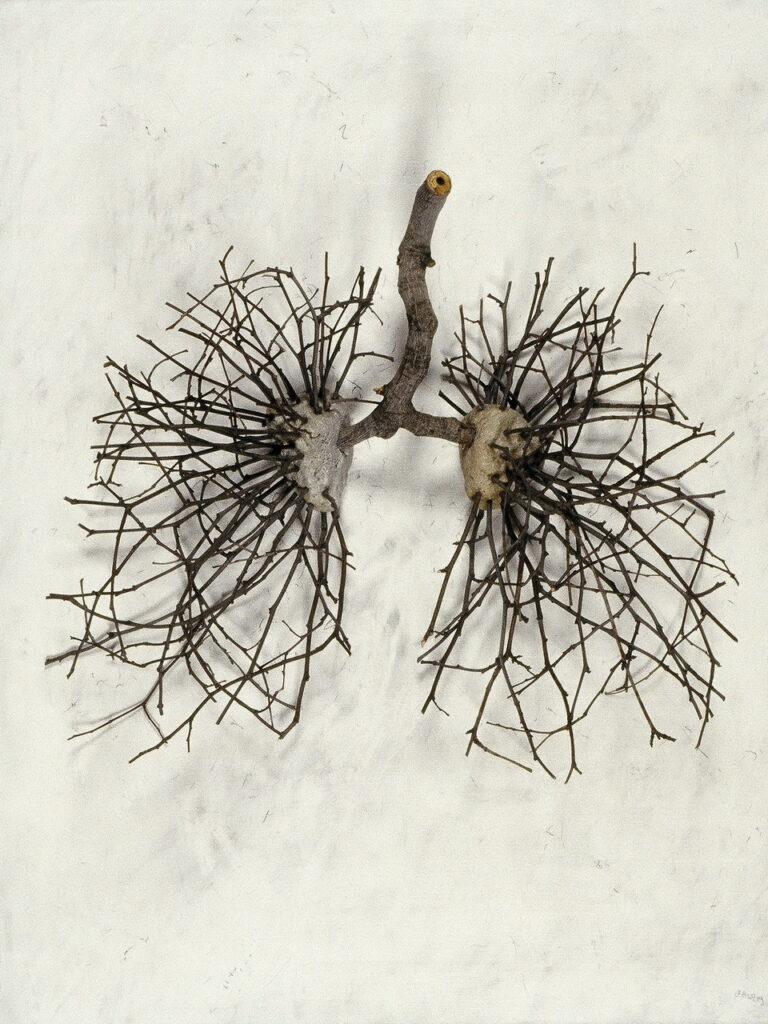
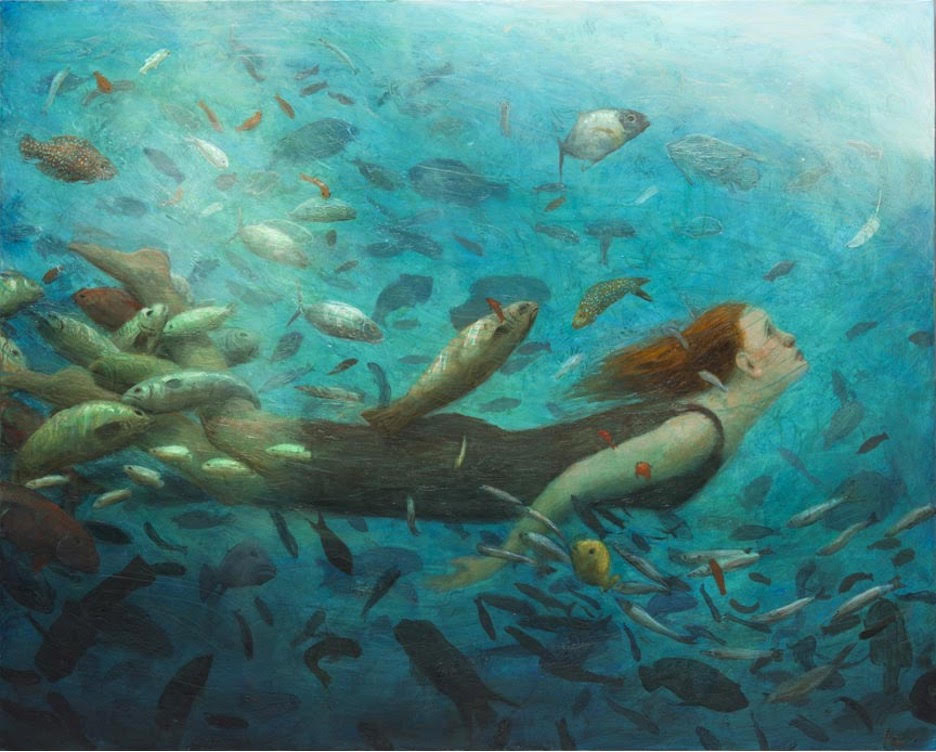
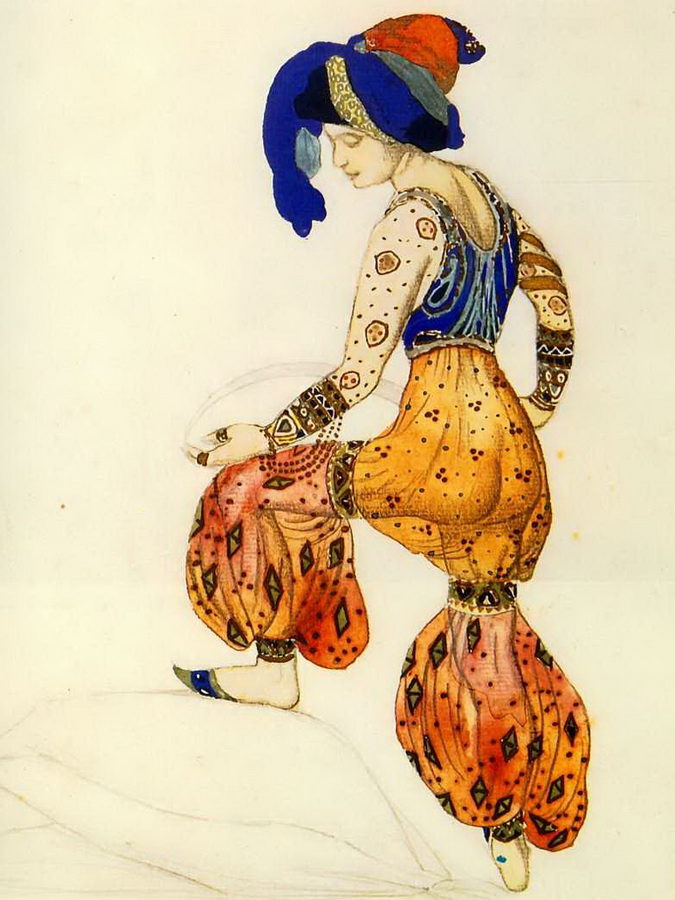
Background photo of Reclining Buddha in Gal Vihara, Polonnaruwau by Lankapic via Wikicommons.
Background image of the Nile River via Google Earth.
Background photo of the Sydney Opera House by Nick-D via Wikicommons.